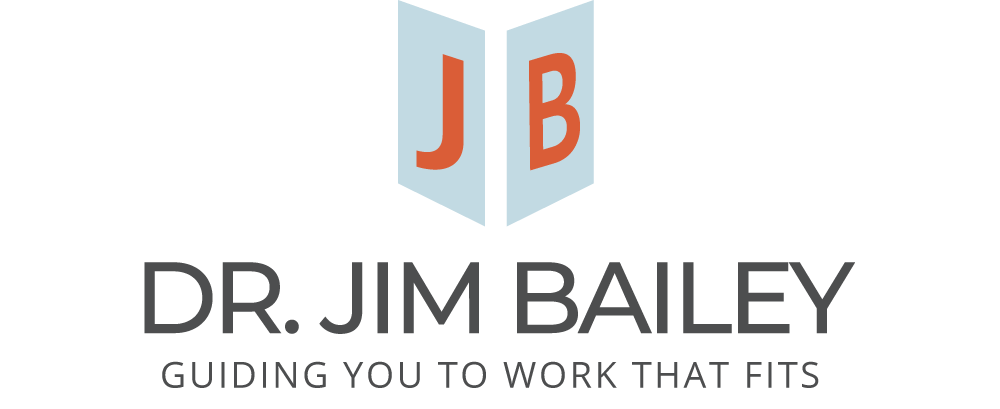Who Are You? - Part 1
For over 20 years I’ve been helping people of all ages who are trying to find some answers to questions about what they should be doing – as their career. For more than half of that time I’ve been teaching a group of Fellows – recent college graduates who want to learn how to integrate their faith-life into their work-life. Each autumn, for five or seven or ten weeks, we spend an hour and a half looking at some ideas that give each of us insights into our own vocational identity – who god made us to be and what that means for our work.
After the usual introductions and brief biographies that begin a class filled with adults I give them their first assignment. I provide them with a scenario: You are in a hotel in a city that isn’t your hometown and catch the elevator to travel from your floor to the lobby. There is only one other person in the elevator and, rather than sticking to the common practice of traveling together in silence, she turns to you and says, “Tell me about yourself.” You’re taken aback because this isn’t the more common “what do you do for a living” polite strangers ask each other when making small talk. Her question is asking for something more; she wants to know how you identify yourself and you only have a few floors to provide her with an answer that won’t make you feel foolish. What will you tell her?
I usually give the students five minutes to write a couple of sentences that they believe will satisfactorily address the question – after all, the scenario demands haste – then I ask them to share their answers with the class. Beyond the initial awkwardness that comes from responding in a group when you’re not sure about what the teacher is looking for, the responses typically follow a certain pattern. Each person gives their name, the name of their hometown, what university they attended (because these days even colleges are called universities), their college major and what they are currently doing for work. Thrown in among these facts may be other tidbits, such as: their participation in a fraternity, sorority, campus ministry or service role; some reference to their family structure; a hobby or extracurricular passion they pursue or their dating status. Oh, and because the program is faith-based they may also include some reference to the date or manner in which they entered a relationship with God.
When each of them has had his or her turn I ask them to examine their “speech” to see what kinds of things they relied on to convey their identity to a stranger. What information did they select? Then, I push them a little bit deeper and ask, “Why do you think you chose those things?
How about you? If you were in my class and given the “Elevator Speech” assignment what would you choose to include or exclude? You only have a short time to compose and share your answer, so what you include needs to be substantial if you’re going to give the stranger some accurate insight into who you are. What you choose to include actually tells the stranger something equally, or more, important than the information you share. It tells her or him what you believe is important for others to know about you.
What we choose to include in an elevator speech is a window into our self-view. Much like our worldview (our philosophical understanding of the world and how it works) our self-view is our personal understanding of ourselves in the world and the implications of that understanding for how we live and evaluate our lives. When we share information about ourselves we can’t help but make our selections based on what we’ve come to understand are the most important things someone should know about us.
What each person shares in her or his elevator speech provides a glimpse into what they have learned is valuable in a person. And, what they select to convey to the stranger is motivated, to some degree, by a desire to have that person recognize them as valuable, significant or memorable. The implications of including information that doesn’t convey our value or significance is that we may be dismissed as inconsequential or be quickly forgotten.
The challenge of the elevator speech assignment is that far too often the things we choose to include as our identifiers are transient, insubstantial things that can change in an instant. I bring this into focus by asking the students to examine their speech for things that might change in coming months or years. If the things we use to describe ourselves to strangers and friends may be different over the passage of time, then are they accurate descriptions of who we truly are? In other words, if something I use to identify myself – my identity – may be different due to unforeseen changes to my life or my person, then are they the best way to think or myself and share that identity with others?
On the face of it I may appear to be trying to confuse or frustrate the class but my intention is to help them understand a powerful idea. Your Identity – who you are – cannot be understood by looking to what you can do, are doing or have done. Those things are transient; they can and will change over time, so looking to them as a source of your identity bases your sense of self on very precarious footing.
Next Up: A foundation for a solid vocational identity.

